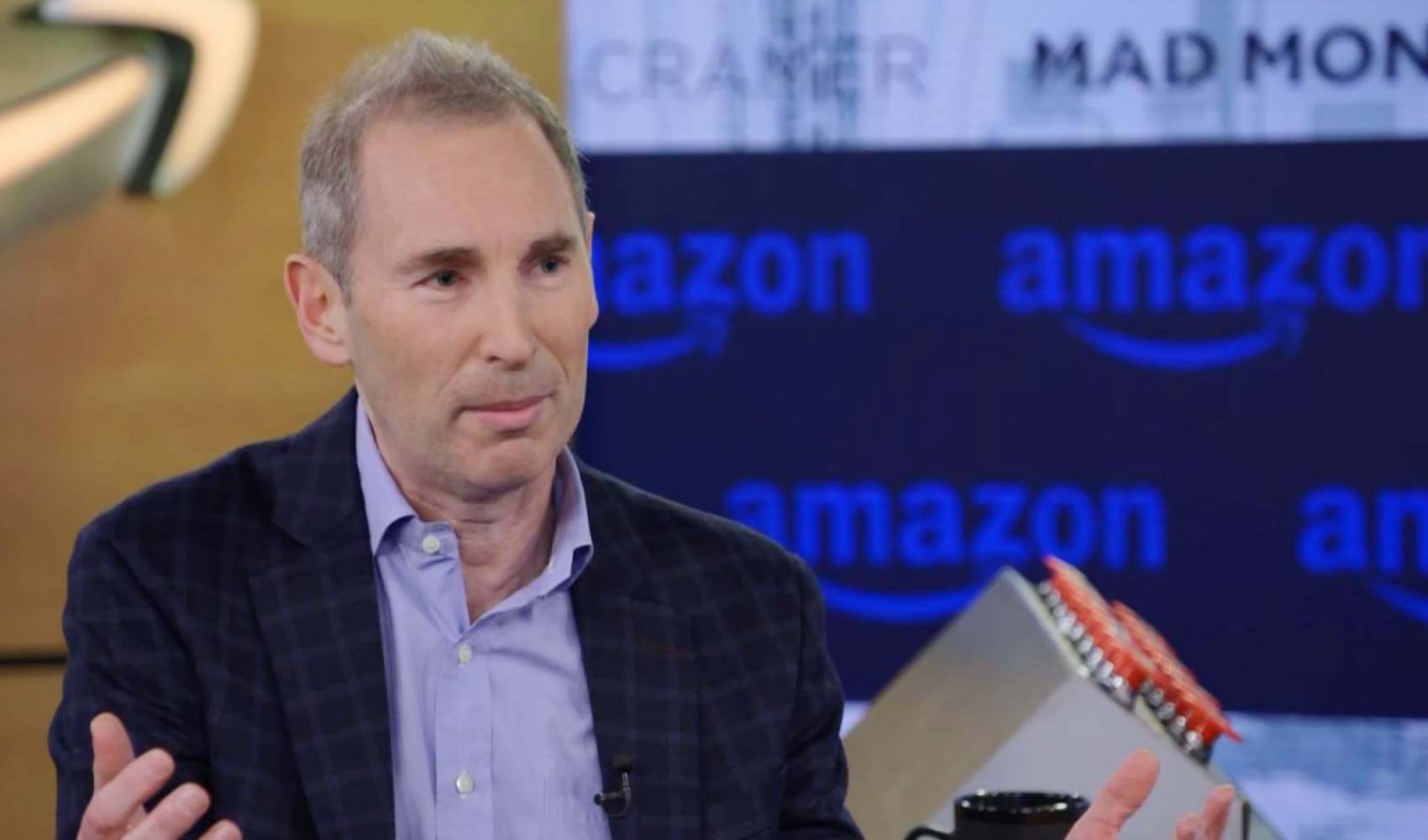
Seth Berkowitz remembers a time when his business was "really, really struggling," and he wasn't sure if he wanted to go on — until he got a pep talk from his wife.
Berkowitz, 43, is the CEO and co-founder of Insomnia Cookies, a chain of late-night bakeries he started in 2002 as a college side hustle while attending the University of Pennsylvania. Today, Insomnia has more than 260 locations across the world. It brought in more than $200 million in revenue last year, according to documents reviewed by CNBC Make It.
The company was most recently valued in the hundreds of millions of dollars following a majority-stake acquisition by Krispy Kreme in 2018, according to a 2021 SEC filing.
But initially, Berkowitz spent nearly a decade chasing profitability and coming up short. During that chase, and in the wake of the 2008 financial crisis, he made the difficult decision to downsize Insomnia's corporate team to reduce costs, leaving only himself and a finance associate, he says.
"2009 and 2010 [were] some of the hardest years ever at Insomnia Cookies," says Berkowitz.
DON'T MISS: The ultimate guide to earning passive income online
Taking on much of the work running Insomnia himself, Berkowitz regularly traveled to shops around the country — spending hours on the road alone — to deliver cookie dough and fix broken equipment.
Money Report
"I'm literally peddling cookies throughout the country at like 2 o'clock in the morning," he recalls. "I'm lugging dough to Syracuse, New York, every week and down to Philly and fixing generators."
On one of his longer solo trips in 2010, Berkowitz got fed up with the exhausting lifestyle and his company's doubtful future prospects.
"I called my wife," he says. "I was driving from [Chicago's] O'Hare airport to our location in Champaign, Illinois, and it's, like, a three-hour drive ... There's nothing to see. There's very few rest stops. It's a tough drive. And I called her on the phone and I said, 'How did I get here?'"
His wife Rebecca — who's also responsible for the name "Insomnia Cookies," Berkowitz says — responded with some perspective and optimism.
"She said: 'You believe in this. You've always believed in this. People love what you sell and I believe in you. Just go make it happen,'" says Berkowitz. "I'll tell you, for that one moment, I wasn't sure [about Insomnia]. She kind of flipped me over back to a believer."
After years of experimenting with different business models, ranging from vending trucks to licensing frozen yogurt shops, Berkowitz tried a simplified approach that focused on efficiency: brick-and-mortar storefronts featuring fast delivery options.
It worked. By 2012, Insomnia was able to fund the opening of a new location with its own internal cash flow for the first time, finally making the company "self-sufficient," Berkowitz says.
More store openings followed, before Krispy Kreme bought 74.5% of the company for roughly $139.5 million, according to the SEC filing.
None of it would've happened if he'd given up during Insomnia's toughest days. "When I talk about the brand and our journey, [I often say] that Insomnia Cookies is a perseverance story," says Berkowitz.
Want to make extra money outside of your day job? Sign up for CNBC's new online course How to Earn Passive Income Online to learn about common passive income streams, tips to get started and real-life success stories. Register today and save 50% with discount code EARLYBIRD.
Plus, sign up for CNBC Make It's newsletter to get tips and tricks for success at work, with money and in life.






